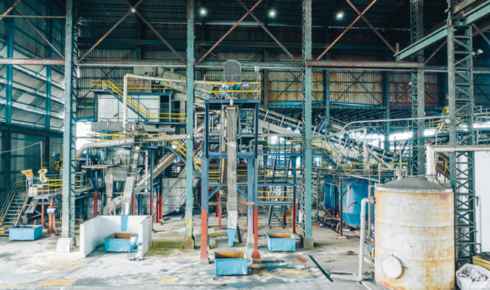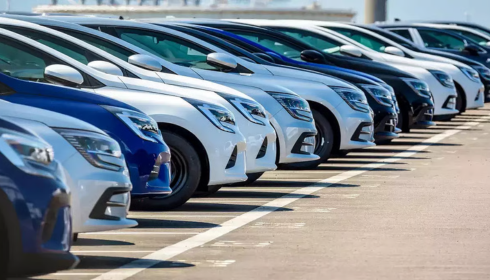
The Growing Importance of Metal Recycling in a Circular Economy
As industries and governments worldwide embrace the principles of a circular economy, metal recycling is emerging as one of the most critical pillars of sustainable growth. In India, where rapid industrialization and urbanization generate massive amounts of scrap each year, recycling companies in India are stepping up to meet the challenge. By transforming waste into valuable resources, they are not only reducing the strain on natural reserves but also reshaping the scrap business in India into a cleaner, more efficient, and economically viable sector.
Why Metal Recycling is Central to the Circular Economy
The concept of a circular economy is based on keeping resources in use for as long as possible, extracting maximum value and minimizing waste. Metal recycling companies in India play a central role in this system. Instead of mining and refining virgin metals, which consume enormous energy and cause environmental damage, recyclers recover metals from end-of-life products like machinery, vehicles, cables, and appliances.
Take copper scrap for example: recycling copper uses up to 85% less energy than producing it from ore and results in significantly lower greenhouse gas emissions. Similarly, aluminum, lead, and steel recycling prevent millions of tonnes of waste from ending up in landfills while supplying critical materials for construction, electronics, and renewable energy infrastructure.
Government Policies Driving Growth
The Indian government has placed metal recycling at the heart of its sustainability agenda. Initiatives like the Steel Scrap Recycling Policy, Non-Ferrous Metal Scrap Recycling Framework and Vehicle Scrappage Policy are building a structured approach to ferrous and non-ferrous metal recovery.
Large-scale national programs such as Make in India, the Production Linked Incentive (PLI)Scheme, and the National Infrastructure Pipeline (NIP) are driving demand for recycled metals in infrastructure, automotive, and electronics manufacturing.
A Network of Specialized Recycling Facilities
The efficiency of the scrap recycling company ecosystem depends on the availability of specialized plants for different waste streams. A robust network now exists in India, covering:
- Lead recycling plant operations that recover lead from used batteries, protecting the environment from toxic contamination.
- Plastic recycling plant in India facilities that convert post-consumer and industrial plastic waste into reusable raw materials for packaging, textiles, and construction.
- Plastic recycling plant units integrated into larger metal recovery systems to ensure zero-waste operations.
Unlocking Economic Potential Through Recycling
The growing metal recycling industry not only supports environmental goals but also drives local economies by generating employment, enabling small-scale scrap traders to integrate into formal supply chains, and reducing India’s dependence on imported raw materials.
Advanced metal recycling companies in India leverage technology like automated sorting, shredding, and refining to maximize recovery rates and improve the quality of recycled materials. This technological edge is crucial in meeting the needs of high-demand sectors such as electric vehicle manufacturing, renewable energy, and infrastructure development.
As the sector matures, integrated players are setting new benchmarks for efficiency and sustainability. Jain Metal Group, one of the leading metal recycling companies in India, exemplifies this transformation. With advanced facilities for copper, lead, and aluminum recovery, the Group demonstrates how a forward-thinking scrap recycling company can contribute to both environmental preservation and industrial growth. Their commitment to the principles of a circular economy showcases the potential of the scrap business in India to be both profitable and sustainable.



